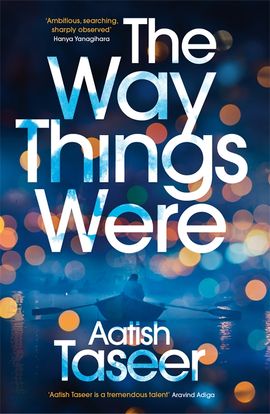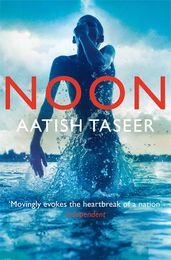
The Way Things Were
Synopsis
When Skanda's father Toby dies, estranged from Skanda's mother and from the India he once loved, it falls to Skanda to return his body to his birthplace. This is a journey that takes him halfway around the world and deep within three generations of his family, whose fractures, frailties and toxic legacies he has always sought to elude.
Both an intimate portrait of a marriage and its aftershocks, and a panoramic vision of India's half-century - in which a rapacious new energy supplants an ineffectual elite - The Way Things Were is an epic novel about the pressures of history upon the present moment. It is also a meditation on the stories we tell and the stories we forget; their tenderness and violence in forging bonds and in breaking them apart.
Set in modern Delhi and at flashpoints from the past four decades, fusing private and political, classical and contemporary to thrilling effect, this book confirms Aatish Taseer as one of the most arresting voices of his generation.
Details
Reviews
Intensely engrossing . . . What [Taseer] has done with great intelligence and elegance is to deliver a novel of ideas in the guise of a very human story.Michael Prodger, Financial Times
A formidable mix of the personal and the political . . . Taseer's wide and analytical perspective has something in common with contemporaries Amit Chaudhuri and Neel Mukherjee, but his style - at once highly intellectual and deeply poetic - is unique . . . The Way Things Were is a substantive contribution to new writing from the subcontinent.Amanda Hopkinson, Independent
The Ways Things Were shows [Taseer] to be both an accomplished novelist and commentator. In delving beneath the surface, he has vividly exposed the quarrels and quandaries of an India undergoing rapid historical and social change.Will Nicoll, Spectator
An ambitious state-of-the-nation novel about the role of history in a contested present . . . Taseer . . . sensitively undercuts the seductions of nostalgia.Phil Baker, Sunday Times

